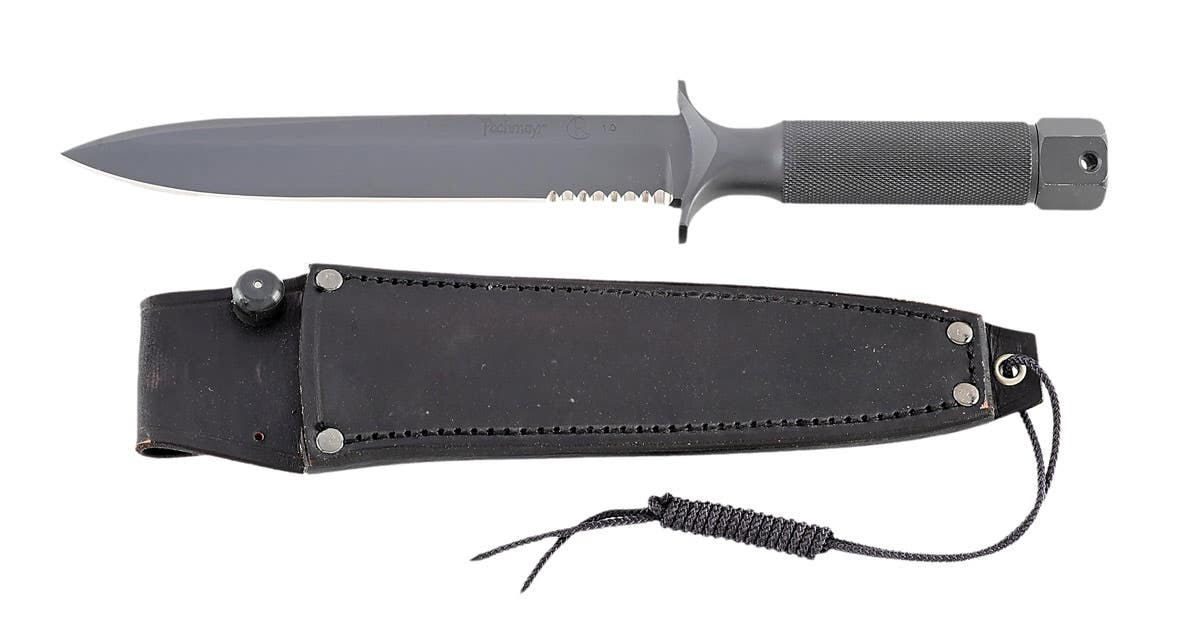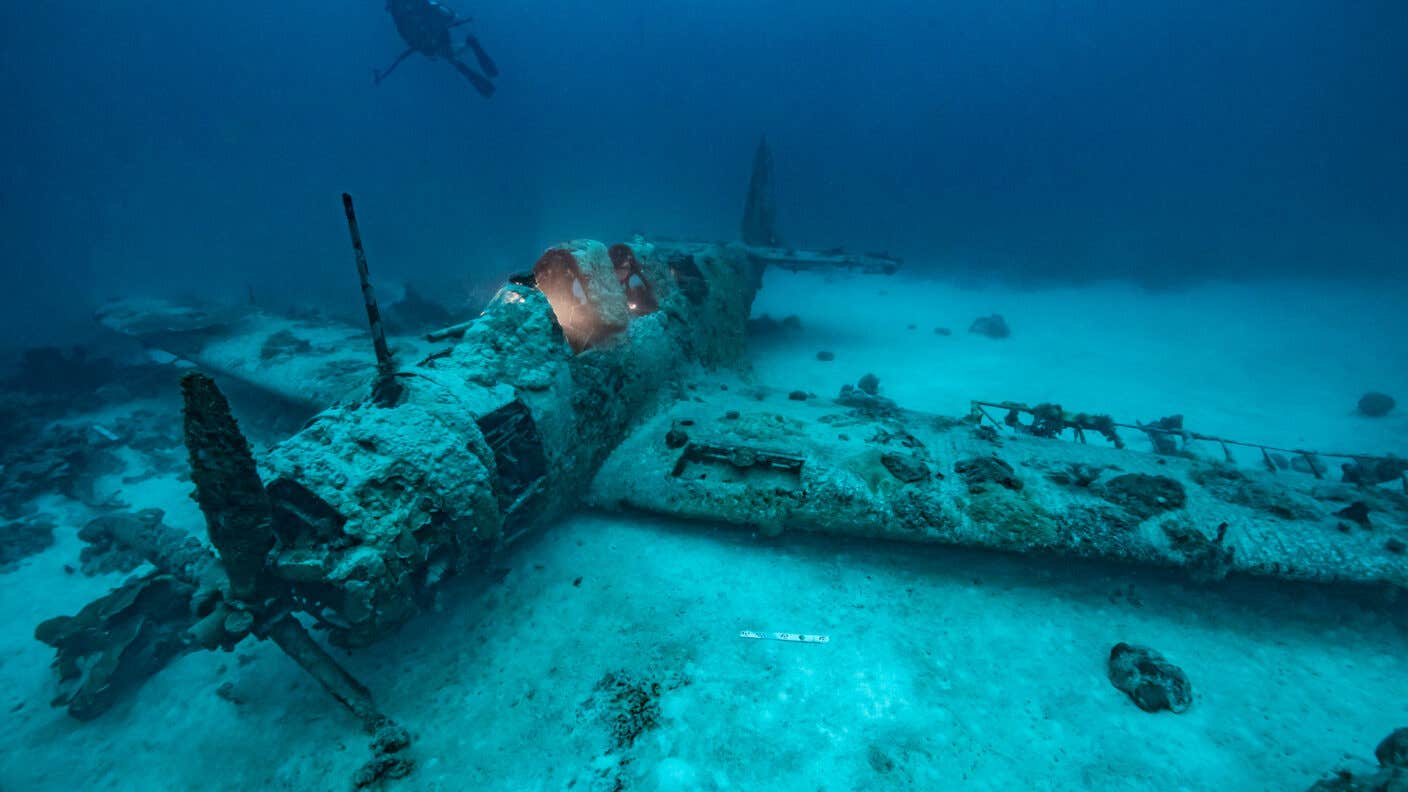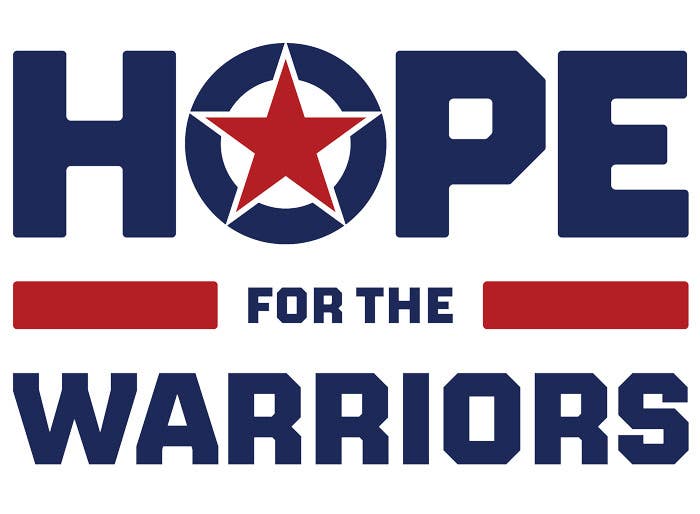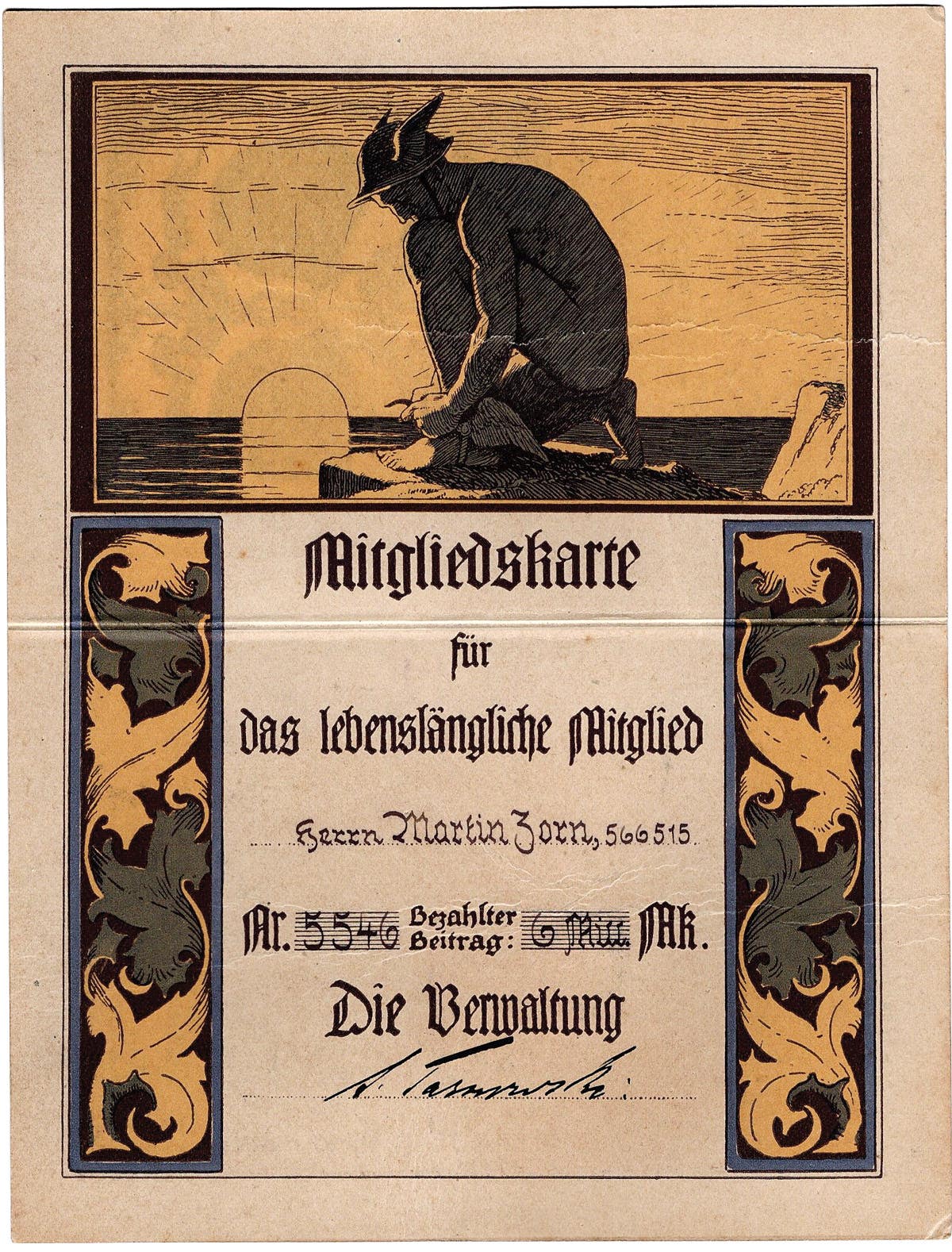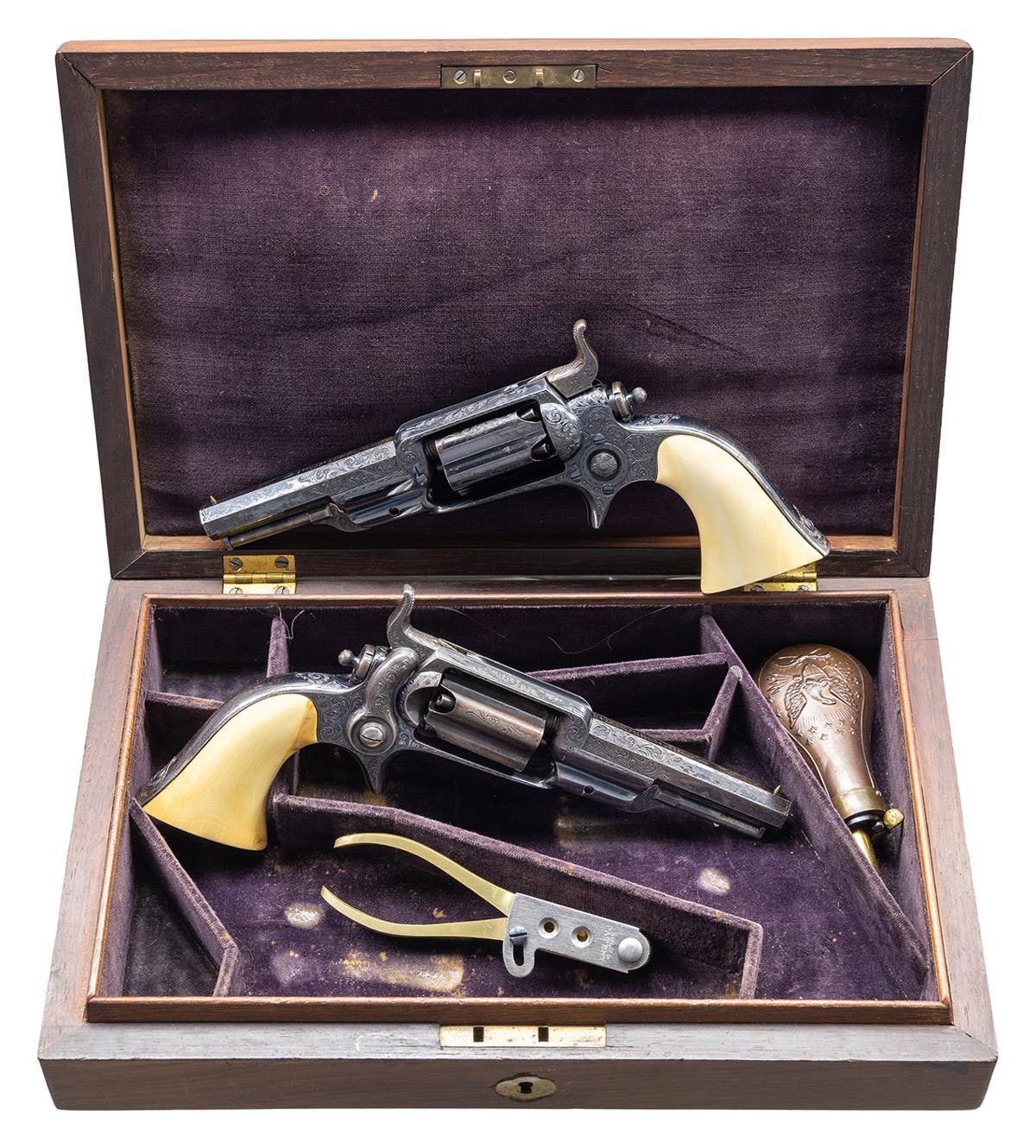Balancing militaria and other hobbies
Peter Suciu speaks about how the world of collecting is diverse and intertwined.
When I attend any military collectible show, large or small, I generally know I’m in a room with those who have an interest in history and collecting historical items. We may not collect or even appreciate the same things, but it is the militaria and shared love of history that bring us together. Yet, I have other interests besides military collectors and history. I’m not alone, as I have friends who have diverse interests like travel, classic cars, guitars, etc.
My “other” big hobby is cycling, and I take it pretty seriously. I can’t tell you who even played in the last Super Bowl, but I know who won every Tour de France since 2006 (the post “Lance Years”), and I spend summers putting in a lot of miles on the road. That hobby doesn’t overlap with military collecting, and I’ve never really had an earnest desire to collect military bikes.
However, as a piece of trivia, I can tell you that on June 28, 1914, the day that Archduke Franz Ferdinand of Austria was assassinated in the Bosnian city of Sarajevo, the 12th Tour de France began in Paris. The race concluded in the City of Lights on July 26, and less than a week later, Germany invaded Belgium and declared war on France. Among the casualties of the First World War were 15 cyclists who competed in the 1914 Tour de France. Moreover, three men who had previously won the race — Lucien Petit-Breton, François Faber, and Octave Lapize — did not return home from the trenches.
This particular piece of trivia is generally appreciated more by those who have a love for history. My cycling friends seem less impressed. But it hardly ends there.
Militaria Remains Misunderstood
I’ve written in the past about how I have friends who share that love for history, yet can’t understand collecting in the least. At best, they appreciate the objects and the link to the past. Then those friends who lack any interest in the subject just see it as a waste that distracts from what they believe to be “more important” pursuits.
This came up recently when a cycling friend and I talked about my interest in buying a new road bike. As someone who is at the serious enthusiast level, I have spent money on bikes that many would consider utterly unnecessary. Moreover, as I last bought a high-end bike in 2015 (and I was fortunate to get a sizeable discount at the time), I was a bit taken aback by the cost for what I considered acceptable.
My cycling friend first suggested, “You need to stop wasting money on those helmets and save for the bike,” a comment I must admit came off a bit insulting. I don’t see my collection as an investment, but nor do I see it as “wasting money.” I never go beyond my budget, and at times that has meant selling items and even putting off other purchases. But to me, the money was never wasted.
Then it followed with the question, “Could you sell a few helmets to buy a new bike?” My answer was “No,” which I left at that. Sure, I have helmets that I could sell and use the money to buy a bike, pay down the mortgage, or spend on other things. But the point is that I don’t want to do that, so therefore the answer is a simple NO.
That was hardly an isolated suggestion from someone.
When my wife and I were buying an apartment in New York City in 2008, I had a friend tell me, “You should sell that military collection and you can buy a bigger apartment,” a comment I heard two years ago from another friend when we bought our current house.
There is a trend. Yes, I have more than a few friends who are too open to share their opinions about how I should spend my money. But I realized, maybe it isn’t money, it’s the militaria.
By that I mean, I’ve asked those friends who are into classic cars, model trains, comic books, action figures, etc., whether any of them had received such “well-intended” suggestions. The consensus was that they had not. Perhaps the idea of separating a man from his beloved classic car or his Rickenbacker 325 guitar was a line that should never be crossed, yet I can’t figure out what else is different.
It was a reminder to me that collecting militaria is a hobby that most people don’t understand or appreciate. Is it the nature of war, and the fact that it serves as a reminder of the darkest times in human history? It may be something you can only look at, unlike the car or guitar, but that doesn’t explain baseball cards. I simply don’t have an answer.
Our Collections Aren’t an ATM Machine
I also don’t think I’m alone in stating that my collection is something I would absolutely sell in a heartbeat if I needed money for a medical emergency or I suddenly couldn’t work any longer. The collection isn’t more important than my wife, nor is it something that has ever kept me up at night because I spent too much on it.
On the flip side, and once again, I don’t think I’m alone either in stating that my militaria items aren’t an ATM to pay for a vacation, or to buy a new bike. Yet, on a few occasions, the advice I was given was to sell something to fund another luxury purchase. This part I also can’t understand, and it made me angry (enough that I am writing about it).
Yes, I would like a new expensive bicycle. That’s something my non-bike-riding friends, including those in the militaria hobby, have questioned. Perhaps for good reason, as I have two bikes. I’ve owned at least a dozen others over the years. This is simply a want, not a need. When a collector friend asked how much a bike would cost, the response was expected: “Why do you need it?”
No, it won’t make me faster or allow me to ride further. I probably wouldn’t notice a difference if I bought a bike that cost half the price. But like collecting, our enthusiasm determines what we believe we can or should spend on an item. I have had cycling friends who drove cars worth less than their bikes. That may help explain the passion.
Military falls into the want category as well, a point we can all agree upon, I’m sure. I recently explained that I have other priorities. I know I’m not alone there, either. We may share a love of collecting, and we likely all have or had a friend or relative who can only see dollar signs where we see history.
Peter Suciu is a freelance journalist and when he isn't writing about militaria you can find him covering topics such as cybersecurity, social media and streaming TV services for Forbes, TechNewsWorld and ClearanceJobs. He is the author of several books on military hats and helmets including the 2019 title, A Gallery of Military Headdress. Email him and he'd happily sell you a copy!




